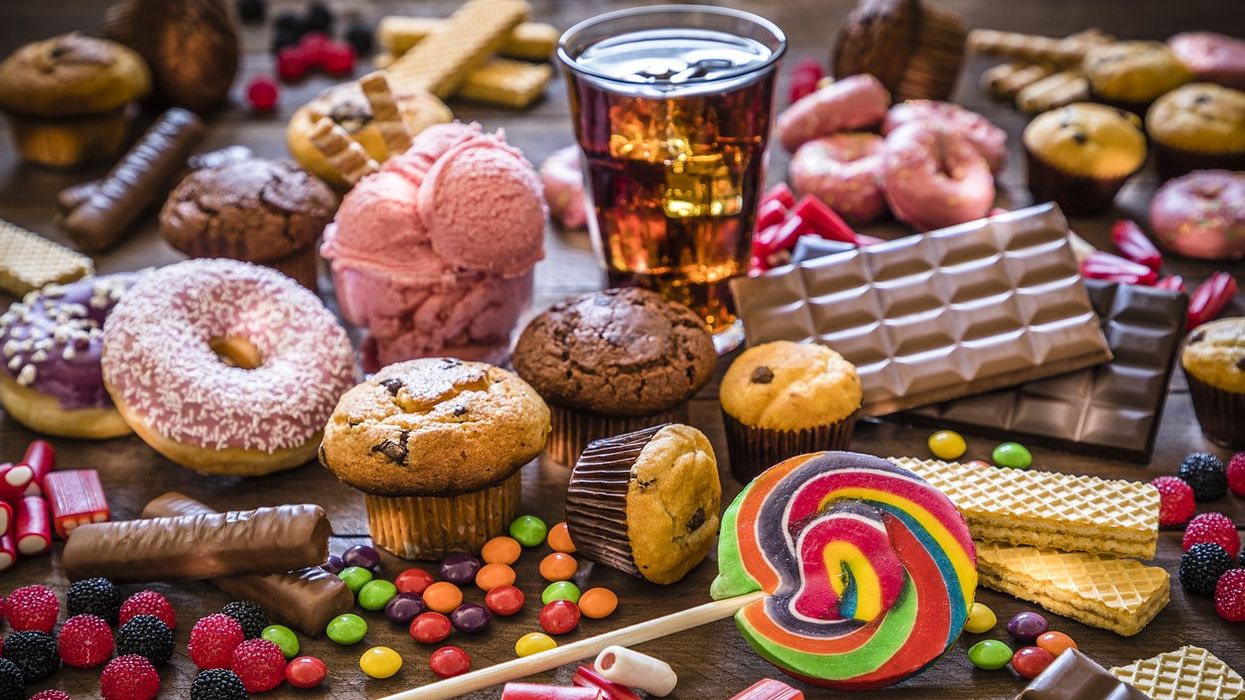Highlights:
- Hotter days linked to greater intake of sugary drinks and frozen desserts
- Lower-income households most affected, research finds
- Climate change could worsen health risks linked to sugar consumption
- Study based on 15 years of US household food purchasing data
Sugary consumption rising with heat
People are more likely to consume sugary drinks and ice cream on warmer days, particularly in lower-income households, according to new research. The study warns that climate change could intensify this trend, adding to health risks as global temperatures continue to rise.
Sugar consumption is a major contributor to obesity, diabetes, and cardiovascular disease, and has surged worldwide in recent decades. The findings, published in Nature Climate Change, suggest that rising heat could be nudging more people towards high-sugar products such as soda, juice and ice cream.
Climate link to diet
Researchers from the UK and US analysed data from American households between 2004 and 2019 and compared purchases with local weather conditions. They found that for every additional degree Celsius within the range of 12–30°C, people consumed an extra 0.7 grams of sugar per day on average.
Those with lower incomes or less education were the most affected, according to the study. Under worst-case climate scenarios, disadvantaged groups could be consuming up to five additional grams of sugar daily by the end of the century, lead author Pan He of Cardiff University told AFP.
Beyond recommended limits
The American Heart Association recommends a maximum daily intake of 36 grams of added sugar for men and 24 grams for women. However, most Americans already consume two to three times these amounts. A single can of soda contains about 40 grams of sugar.
The study showed that the increase in sugar consumption levelled off once temperatures rose above 30°C. Co-author Duo Chan of the University of Southampton suggested this may be because people had already altered their diets by that point. He warned this could be “even worse news”, as it showed dietary changes were occurring even at lower, not extreme, temperatures.
Substituting frozen treats
The research also indicated a drop in purchases of baked goods on hotter days, likely because consumers were substituting them with ice cream or other frozen desserts.
Health concerns
Unhealthy diets are among the four main risk factors for diseases that account for more than 70 per cent of deaths worldwide, according to the World Health Organization. The authors concluded that climate change, by shaping dietary choices, could further worsen public health outcomes.





